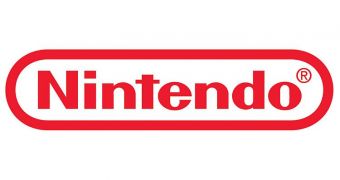A recent Questions and Answers session between Satoru Iwata, the president of Nintendo, and the company's investors brought up the presence of the Japanese gaming giant in developing countries. Nintendo does not officially sell it products in emerging markets, though customers located in these countries can buy Nintendo products, but will not have access to the online services provided.
During the meeting Iwata announced his company's intentions to try and open up and official shop in developing countries and not rely only on the success Nintendo has in Japan, Western Europe and North America. “It is vital for our basic strategy of 'gaming population expansion' that more people in such countries as well as in Japan, North America and Europe, enjoy our video games and feel convinced to pay for them.”
He continued to comment about how a new business model had to be developed to be successful in these areas. “Some in newly-emerging countries do not have an established custom of paying for software. We do wonder if the traditional business model of the video game industry will succeed in such regions,” said Iwata to the investors.
There was also a talk about Nintendo Japanese-only board of directs. An investor questioned if this was good idea, given the fact that Sony, Nintendo's main national competitor, is currently led by an American chief executive officer who might be better accustomed to the tendencies of Western markets.
Iwata replied that, “there is a crucial difference between how many non-Japanese directors a company has and how internationally-minded a company is. If our management did not know or try to understand any countries outside Japan or travel abroad at all, this could be a problem. However, all director candidates here are very familiar with various international issues and actually go on international business trips for many purposes.” Iwata also pointed out how successful Nintendo was in North America, for example, where the company's products were still leading in sales, despite the over-all decline of the entertainment software and hardware markets.

 14 DAY TRIAL //
14 DAY TRIAL //